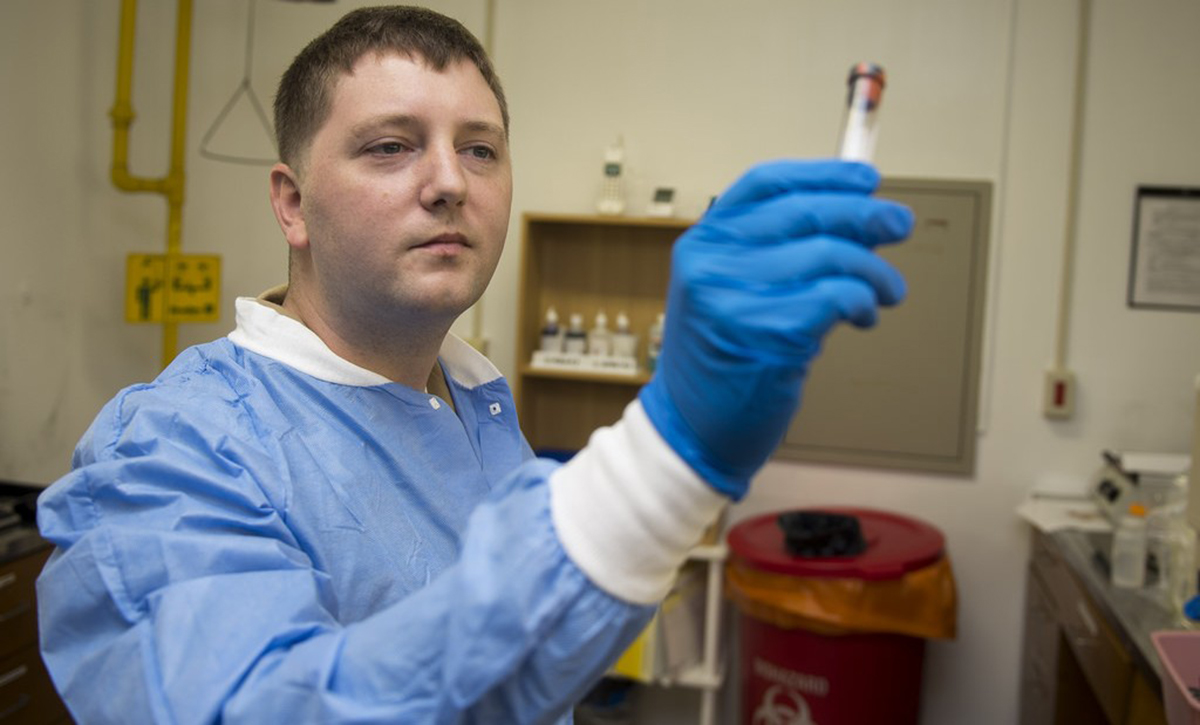Table of Contents
There is no particular level for a normal or abnormal level of prostate specific antigen in the blood. [3] In the past, most physicians considered a PSA level of 4.0 ng/mL or lower as normal. However, more recent scientific studies have shown some men with a level below4.0 ng/mL have prostate cancer and that lots of men with higher levels do not have prostate cancer. Generally the higher a man’s PSA level, the more likely it is to be an indication or prostate cancer.

Should a PSA test be a regular part of routine health screening?
The United States Food and Drug Administration first approved the use of PSA testing for prostate cancer in the early 1990’s. Prior to its approval, the survival rate for prostate cancer was around 70-75%; today it has increased to 98.2%.
PSA testing can produce false-positive results, which m?eans a man can be diagnosed with prostate cancer and not actually have it. Critics argue against making a PSA test routine because it could lead to over diagnosing men and resulting in them receiving unneeded treatment.
Will regular PSA testing reduce death rates from prostate cancer?
Despite many healthcare professionals being against routine prostate screening for men without symptoms, many others feel it is important to prevent deaths from the disease. Dr. Oliver Sartor, director of the cancer center at Tulane University in New Orleans, in a report for The Wall Street Journal, was quoted as saying “Since PSA screening became routine in the 1990’s, prostate cancer mortality rates have declined by nearly 40%. I think PSA testing is the most likely explanation.”
What are the benefits of having a PSA test?
The main benefit of men having a routine PSA test is to help in the early detection of prostate cancer. Cancer is easier to treat and has better cure rates when it is diagnosed at the earliest possible stage. To consider the benefits of the test it is wise to know if early detection and treatment outcomes will actually decrease the mortality rate of death from prostate cancer.
What are the recommendations for PSA testing?
A lot of different doctors and medical researchers have sounded off about the pros and cons of routine PSA testing.
Potential risks for routine PSA screenings include; screenings need to be an individualized decision, older men may not require screening and men who are at a high risk should be screened beginning at a younger age.
See Also: Prostate Cancer: Alternative Treatments
Prognosis:
Prostate cancer is a vicious disease and part of fighting back against it is through advancement of screening methods and early detection. Neither a digital rectal examination nor a PSA test provides enough information for a person’s doctor to make an affirmative diagnosis. When any type of cancer is diagnosed at an early stage the prognosis for survival is increased, so further research is needed to determine if routine PSA testing will actually be beneficial or not for men.
- Photo by shutterstock.com
- Photo courtesy of Commander, U.S. 7th Fleet by Flickr : www.flickr.com/photos/us7thfleet/13904511973
- www.cancer.org/cancer/prostatecancer/detailedguide/prostate-cancer-key-statistics
- www.cancer.org/cancer/prostatecancer/detailedguide/prostate-cancer-what-is-prostate-cancer
- www.cancer.gov/cancertopics/factsheet/detection/PSA
- www.ncbi.nlm.nih.gov/pubmed/15163773
- www.medicalnewstoday.com/articles/281993.php
- online.wsj.com/news/articles/SB10000872396390444301704577631431570809256

